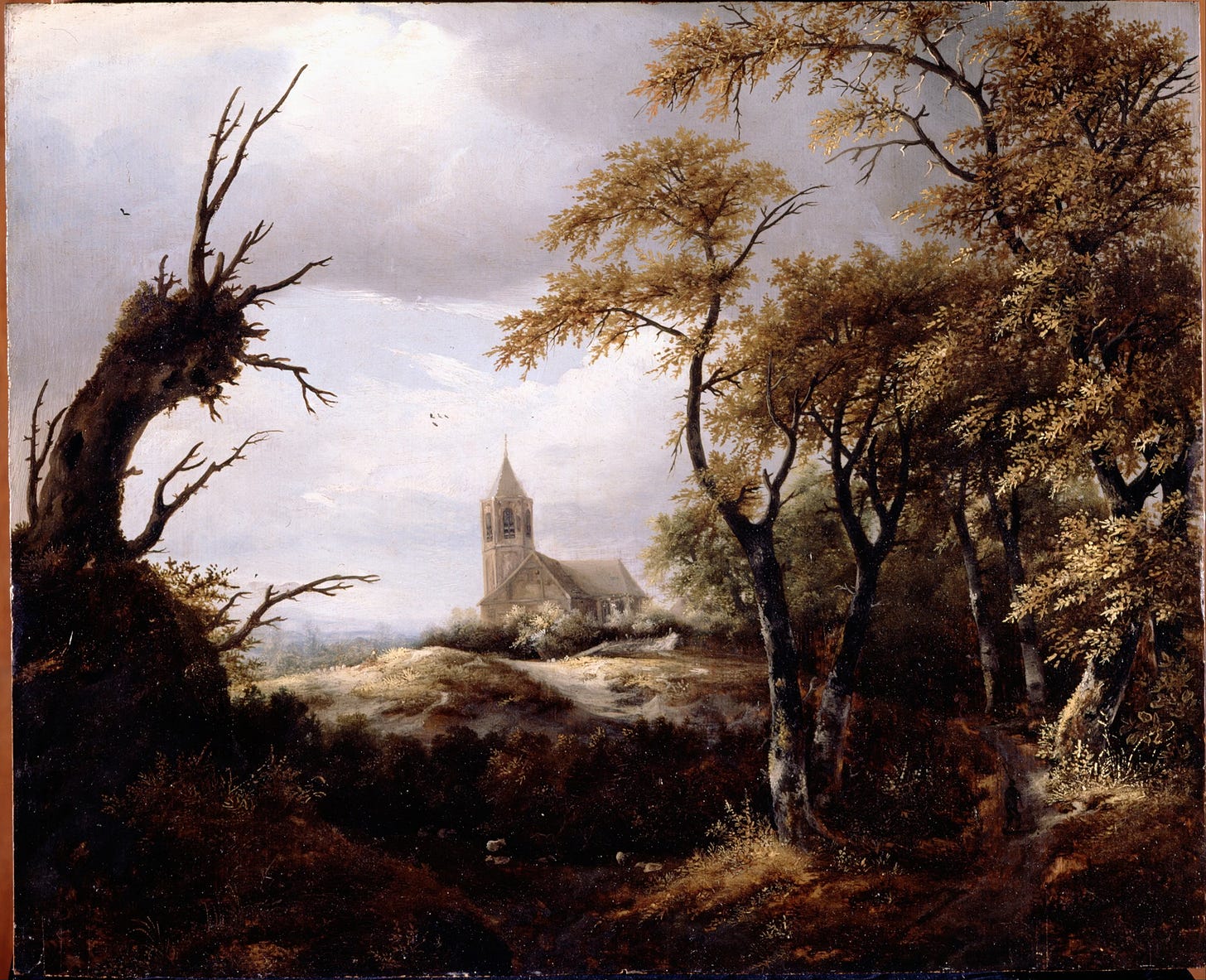Welcome to the Witte Lectures!
"All are architects of Fate, working in these walls of Time." (H.W. Longfellow)
In 1974, Harold J. Berman published The Interaction of Law and Religion, where he threw down the gauntlet to future generations of the coming need to think constructively about the role of religion and law and how the two exist suspended in a symbiotic dance for self-understanding. Comprising of his Lowell Lectures on Theology delivered at Boston University in 1971, this little book would come to nurture a blossoming movement for the coming decades in the development of students and academics alike seeking to understand the fundamental unity of law and religion. In Berman’s own words:
“Law helps to give society the structure, the gestalt, it needs to maintain inner cohesion; law fights against anarchy. Religion helps to give society the faith it needs to face the future; religion fights against decadence.”
In short, law and religion must be understood together, or not at all. Without this symbiosis, he warned, would come the demoralization of society. And so, like salt, Berman began rekindling these two flames into a single integrative discipline focused on the positive aspects of each and how the two contribute to the preservation of our understanding of society and sanctity.
Nearing his mandatory retirement from Harvard Law School, Berman found himself moving to Emory University School of Law, where he not only became the first Woodruff Professor of Law, but also proved decisive in developing the Center for the Study of Law and Religion (CSLR) into a center par excellence for studying the integrative dimensions of Christian jurisprudence. With the help of Berman, CSLR grew into an intellectual playground for understanding the confluence between the allocation of rights and duties derived from the living process of law and the prophetic ethos of religious life relentlessly nourished by a shared intuition and commitment to transcendent values.
But that is only the beginning of this story. On his journey south, Berman brought along a research assistant who for years had sat under his tutelage at Cambridge. A scholar, respected in his own right, yet to be established as the true successor of Berman’s legacy and the pre-eminent scholar of law and religion in the 21st century—John Witte, Jr. Since his first edited works on the development of religion in the global market to his subsequent publications on the legal perspectives in Protestant thought, John became a central authority on the integration of Christianity and law. When scholars write on the contribution of the reformers on constitutional theory; or on the role of family life in European society; or on the development of Religious Clause jurisprudence in the American imagination; or on the correlative dimensions of religious freedom as an indispensable ally in the modern struggle for human rights. John is the first footnote—oftentimes the cornerstone from which the intellectual infrastructure is built toward a renewed vision for the interaction of law and faith.
It is in honor of this successor that we bring you the John Witte, Jr. Lecture Series on Christianity and Law. A forum where we can listen and discuss the future role of Christian jurisprudence and how we might carry on the legacy of Berman, who John once described as wielding a “remarkable ability to think above, beyond, and against the times.” A place where we can take seriously
“the competing understandings of the ius naturale—of competing theological views of the divine and the human, of good and evil, of individuality and community—that will serve constantly to inform and reform, to develop and deepen, the human rights ideals now in place.”
A place mindful of the global significance of religious freedom and the communal challenges rooted in deeply held convictions and competing interests. We strive to play our part in the growing edifice of this blossoming design and invite you along for the ride.
Welcome to the Witte Lectures!


